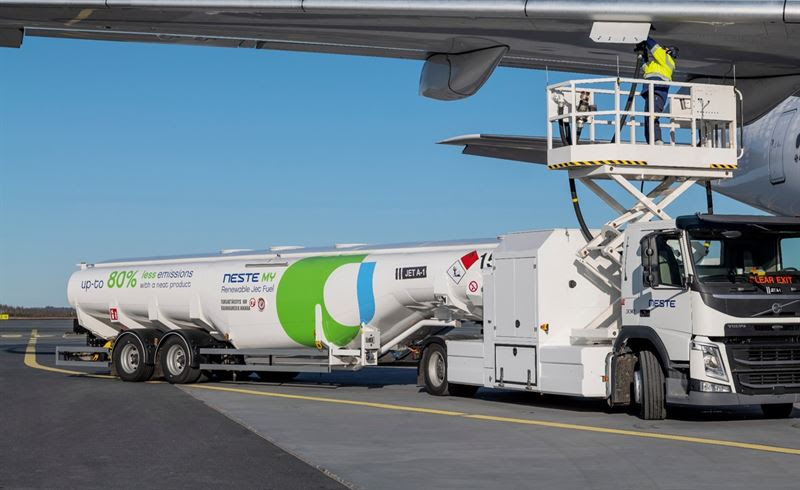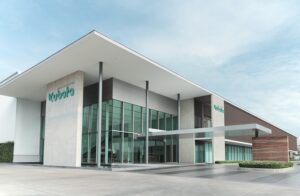A prominent Hong Kong business group, in collaboration with Cathay Pacific and 11 other partners, is spearheading efforts to enhance public-private cooperation aimed at accelerating the adoption of sustainable aviation fuel (SAF). This initiative comes as part of a broader strategy to advance environmental sustainability within the aviation industry and contribute to global climate goals.
The coalition, which includes leading industry players and government stakeholders, seeks to advocate for supportive government policies and establish stakeholder task forces to develop actionable plans that promote the widespread commercial viability of SAF. By fostering collaboration across the aviation sector, the coalition aims to drive meaningful progress in reducing greenhouse gas emissions associated with air travel.
According to Simon Ng Ka-wing, CEO of the Business Environment Council (BEC), many members of the organization have already taken proactive measures to reduce their carbon footprint, including efforts to address emissions from their suppliers and logistics partners. Ng emphasized the importance of setting targets and reporting on greenhouse gas reductions, highlighting the commitment of businesses to environmental stewardship.
The government of Hong Kong has expressed its support for the use of SAF as a means to decarbonize the aviation sector and reinforce the city’s position as an international aviation hub. Liu Chun-san, the acting secretary for transport and logistics, underscored the potential benefits of ensuring a reliable supply of SAF at Hong Kong International Airport (HKIA), citing its significance for the airport’s sustainable development and global competitiveness.
Cathay Pacific, a key player in the coalition, has been actively engaged in collaborative efforts to procure and utilize SAF. The airline’s participation in the coalition reflects its commitment to sustainable practices and its recognition of the importance of industry-wide cooperation in driving meaningful change.
The coalition’s partners encompass a diverse range of stakeholders, including jet fuel suppliers, aviation services providers, financial institutions, and sustainability consultants. Their collective expertise and resources are poised to contribute significantly to the coalition’s objectives and promote the adoption of SAF on a broader scale.
The global aviation industry faces increasing pressure to reduce its environmental impact, with the International Air Transportation Association (IATA) setting ambitious targets for net-zero carbon emissions by 2050. SAF has emerged as a promising solution, offering the potential to significantly reduce life cycle carbon emissions, albeit at a higher cost compared to traditional jet fuel.
Despite the challenges posed by the higher cost of SAF and the need for increased production capacity, the coalition remains optimistic about its prospects. By focusing on collaborative research, policy advocacy, and the development of infrastructure and market mechanisms, the coalition aims to overcome these challenges and drive meaningful progress towards a more sustainable aviation industry.
Looking ahead, the coalition is poised to embark on a comprehensive three-year collaboration program, with a strong emphasis on research, policy development, and the establishment of task forces to address key challenges. The active involvement of government officials in the coalition’s initiatives is seen as crucial to ensuring informed decision-making and effective policy implementation.
As the aviation industry continues to evolve in response to environmental imperatives, the coalition’s efforts are poised to play a pivotal role in shaping the future of sustainable aviation fuel adoption in Hong Kong and beyond.
(Source: American Journal of Transportation | SCMP)









